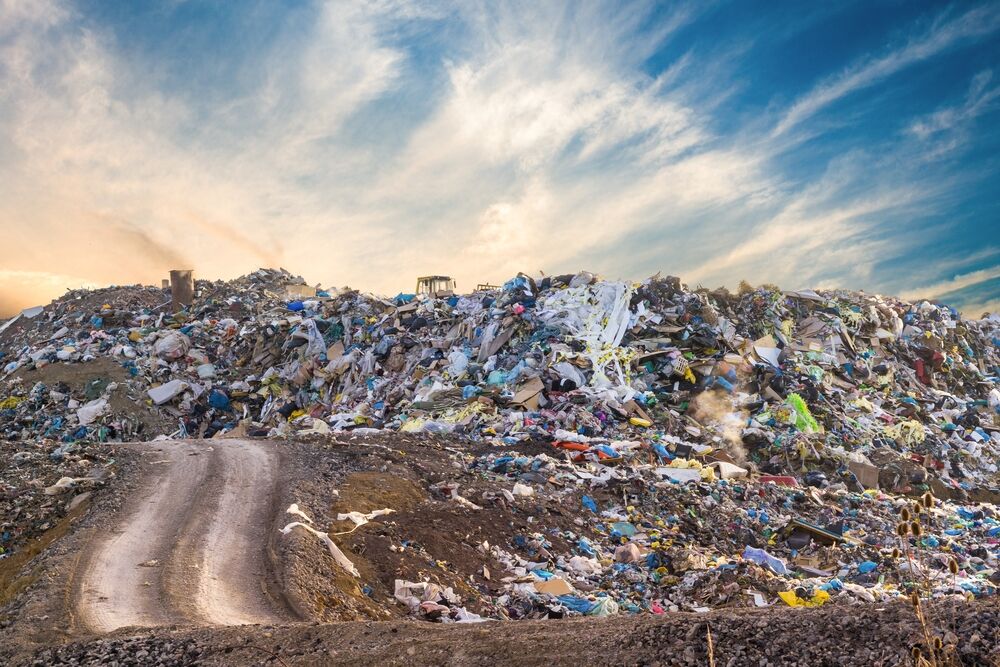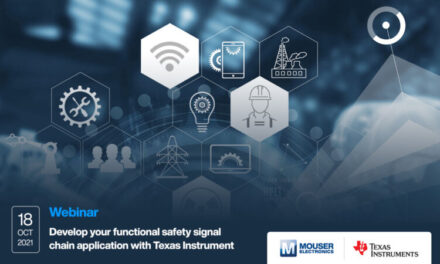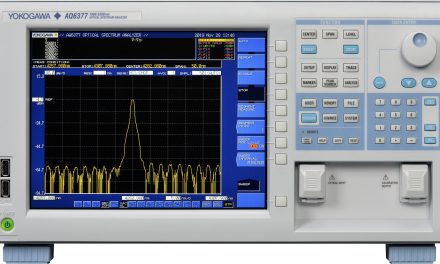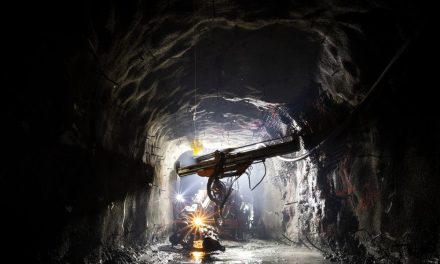According to World Bank’s 2018 book, What a Waste 2.0, the world generates 2.01 billion tonnes of municipal solid waste annually. With the World Bank expecting annual global waste to grow to around 3.40 billion tonnes by 2050, waste management could soon become unmanageable. However, advancements in technologies like artificial intelligence (AI) and robotics could provide a solution to future waste management. In this article, Stephen Hayes, managing director of automation technology specialist Beckhoff UK, discusses the benefits of automation technologies in the waste industry.
The Department for Environment Food and Rural Affairs reported that in 2020, England alone generated around 33.8 million tonnes of commercial and industrial waste. Reports also state that approximately 6.1 million tonnes of biodegradable municipal waste were sent to landfill. It can be overwhelming for waste management facilities to sort through the sheer number of waste being generated each year, however, automation technologies can help to mitigate any shortfall in operations.
The large percentage of biodegradable and recyclable products that end up in landfill in the UK is unsettling, especially amongst ever-increasing climate concerns. Obviously, household, commercial and industrial industries should all strive to help in sorting their waste before it enters these facilities, but mistakes can be made, and rubbish can be mixed. Automation allows waste management facilities more ease in sorting the waste once it enters their facilities and can be a key ingredient in aiding a more environmentally friendly and waste-efficient world.
Haste makes waste
While waste management facilities may seek the quickest method of waste sorting, if the time is taken to invest in automation technologies, they could benefit from not only faster operations but also lower environmental impact and economic profitability. There are many automation technologies altering waste management, such as picking robots, sensors and AI.
By combining these technologies, waste management can upgrade their rubbish sorting to the next level with the use of autonomous trash picking robots. Much like the bin-picking robots designed for various manufacturing needs, a trash-picking robot does exactly what it says on the tin. Using AI and machine vision, trash-picking robots can be trained to identify and automatically pick up trash like plastic bottles or cardboard from an automated conveyor belt. This allows waste management facilities to sift through large quantities of waste automatically, limiting the chance of biodegradables and recyclables ending up in landfill.
Similarly, combining AI and Internet of Things (IoT) technologies can allow for the creation of intelligent trash cans. Using the learning capabilities of AI and the data collection capacities of IoT detectors, trash cans can measure the waste thrown inside and send this information to the major removal system for processing. This information can allow processing to distinguish the type of waste, level, quality, and the waste disposal system, meaning that they can be alerted if the waste needs sorting and where it needs to be processed. This gives waste management facilities more data on what waste they are receiving, allowing them to act accordingly, saving processing costs and boosting environmental consciousness.
There are many ways automation technology can benefit waste management, so if not implemented already, waste management facilities should invest some time in researching what technologies could benefit them most so they can limit landfill waste.
To keep up to date with the latest Beckhoff automation technology, visit our page on beckhoff.com/en-gb/ or contact us at +44 1491 410539.




